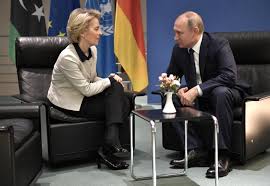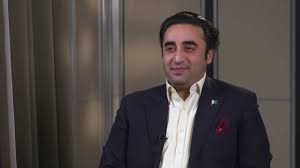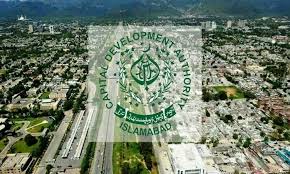EU to Putin: Don’t use Moscow attack as pretext to intensify war on Ukraine

Brussels: Brussels has warned Russian President Vladimir Putin not to use the Moscow terror attack as a pretext to intensify his war against Ukraine.
A spokesperson of the European Commission said that the European Union is “naturally concerned” by Russian officials’ allegations that Kyiv was involved in Friday’s shooting at a concert venue, which killed at least 137 and left more than 180 injured.
The Kremlin’s accusations have sparked fears in Europe that Putin could use the Moscow massacre to justify an escalation in Ukraine, now in its third year.
“We reject this. There is no indication, no evidence, that Ukraine was linked to this attack,” the bloc’s spokesperson for foreign policy, Peter Stano, told reporters.
“We call on the Russian authorities not to use the terrorist attack in Moscow as a pretext or a motivation to increase the illegal aggression against Ukraine, or to use it as a pretext for increasing internal repression against critics of the Russian regime,” Stano added.
An Afghanistan-based affiliate of the Islamic State (IS) group has claimed responsibility for the attack, which saw camouflaged men storm Moscow’s Crocus City Hall and open fire on the crowd. The IS claim, which US intelligence sources say they have corroborated, is yet to be acknowledged by Russia.
Four men, reportedly heavily beaten, have been charged with committing terrorism acts.
In a televised speech to the nation on Saturday night, Putin attempted to link Ukraine to the heinous attacks, claiming the assailants had attempted to flee towards the Ukrainian border. Critics say the allegations are a cynical attempt at deflecting attention from Russia’s own failure to prevent the attacks, despite reportedly being alerted to an imminent threat by the US government.
Ukrainian President Volodymyr Zelenskyy firmly rejected the claims and accused Putin of remaining silent for a day after the attacks to think about “how to link this with Ukraine.”
Zelenskyy’s advisor Mykhailo Podolyak described the Russian accusations as “absolutely untenable and absurd.”
The terrorist attack represents a political setback to President Putin, who just days ago tightened his grip on power after claiming a landslide victory in presidential elections blasted by Western nations as a sham.
Suggestions Russia could have been more vulnerable to terror due to the severing of international ties following its invasion of Ukraine were seemingly confirmed on Monday.
Asked if the EU would consider closer cooperation with Russia to fight terrorism, spokesperson Peter Stano said such cooperation had been “suspended” following the invasion due to Russia’s “disregard for humanitarian international law.”
He added that if Russia were to come up with a “credible” proposal to fight terrorism, then the “European Union would probably not say no.”
“But at this stage, we are dealing with a (…) regime that is dragging the country, meaning Russia, into an illegal war (and) oppressing its domestic population with a number of measures,” he added. “So it’s very difficult to imagine what would be the basis of cooperation.”
Condolences have flooded in from European leaders, who have expressed solidarity with victims but refrained from addressing Putin or expressing support for his government.
The attack has also led France to raise its terror alert to the highest level of “attack emergency.”





